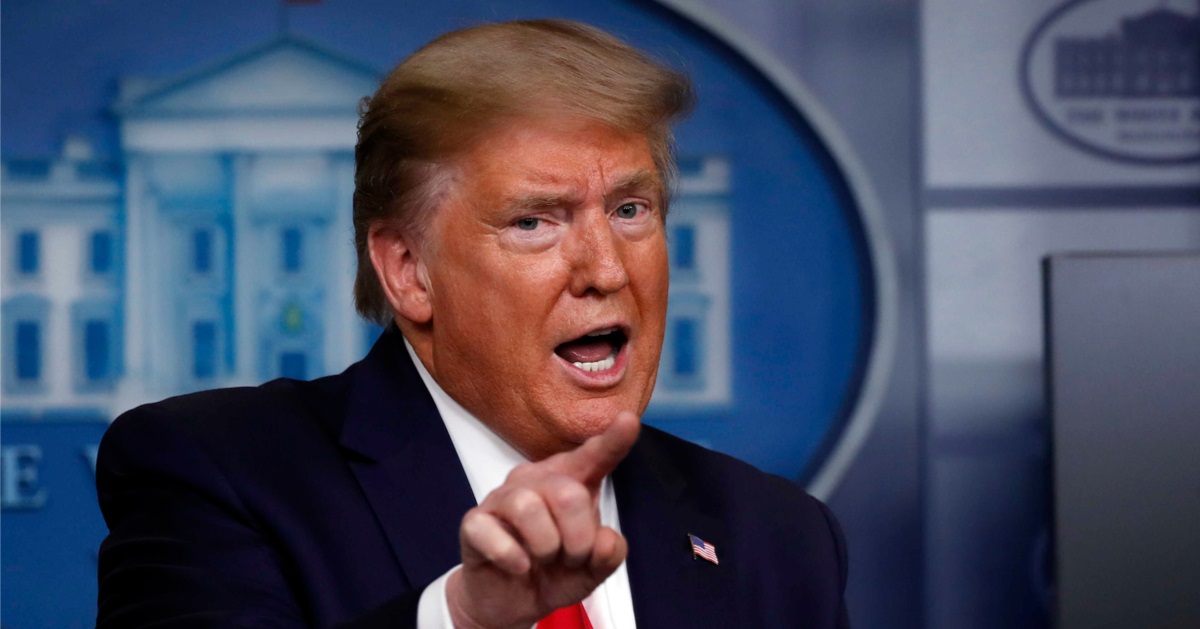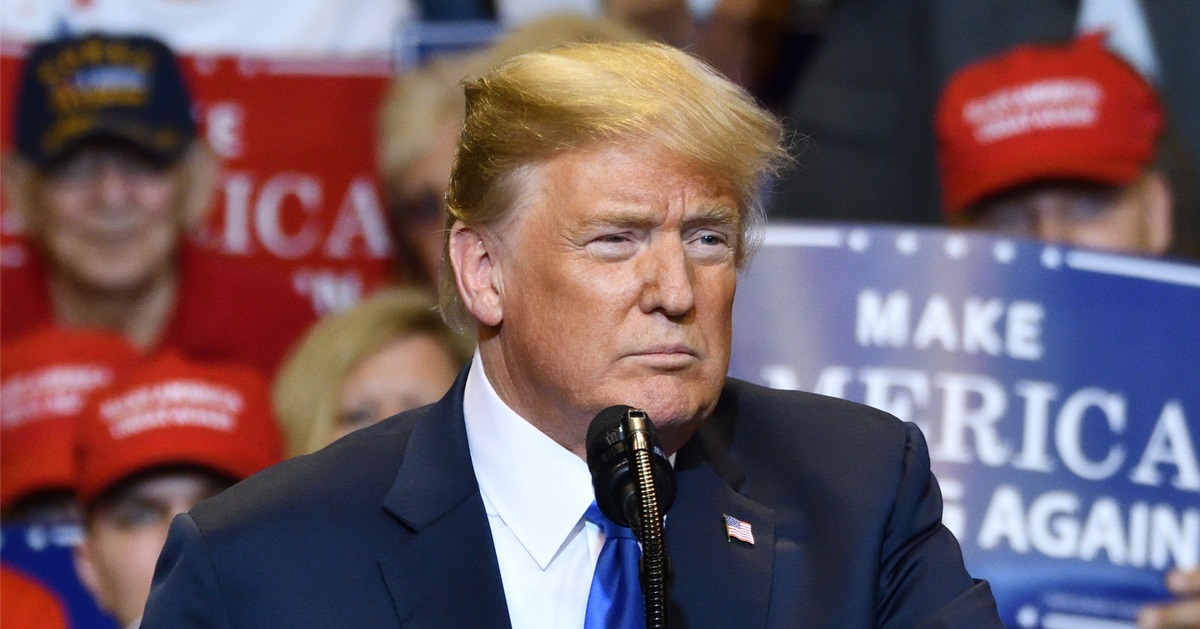Anti-Trump DC judge 'should have recused himself' in case involving illegal alien gang member deportations
A Washington D.C. district court judge previously appointed by former President Barack Obama, who has proven himself to be an obstacle to President Donald Trump's efforts to deport criminal illegal aliens and gang members, has been hit with a double whammy of bad news in the past few days.
Legal experts say Judge James Boasberg "should have recused himself" from the case in which he blocked Trump from using the Alien Enemies Act of 1798 to deport Venezuelan gang members, the Daily Caller reported.
Whether or not Boasberg should be recused from the case became a moot point on Monday, however, when the Supreme Court essentially stripped the case from him as being outside his limited jurisdiction in Washington D.C. in response to an emergency appeal.
Judge blocks deportations of illegal alien gang members
It was in mid-March that President Trump invoked the rarely used Alien Enemies Act to go after criminal illegal alien members of the Venezuelan Tren de Aragua gang, hundreds of whom were summarily deported to El Salvador to be imprisoned in that country's notorious maximum security prison for gangbangers and terrorists.
As some of those deportation flights were still airborne, Judge Boasberg issued a block against Trump's order and even demanded that the flights be turned around and returned to the U.S., though that did not occur, which led to a grilling and tongue-lashing of federal prosecutors by the judge in subsequent hearings.
The administration was outraged by the judge's interference in immigration policy, with Trump himself declaring in a Truth Social post, "If a President doesn’t have the right to throw murderers, and other criminals, out of our Country because a Radical Left Lunatic Judge wants to assume the role of President, then our Country is in very big trouble, and destined to fail!"
"Should have recused himself"
Given Judge Boasberg's actions in this case and others involving the Trump administration, questions soon arose over his possible bias and partiality, especially in light of his adult daughter's leftist activism, along with suggestions that he should be recused and removed from the case, the Daily Caller noted.
"Under Canon 3 (C) (1) of the 'Code of Conduct for United States Judges,' it states that judges must disqualify themselves from a case 'in which the judge’s impartiality might reasonably be questioned,'" Heritage Foundation senior legal fellow Hans von Spakovsky explained. "Given that his daughter works directly for an organization that supports illegal aliens, opposes deportation of aliens, and has voiced its support for Boasberg’s action in this very case, the impartiality of his judgment is obviously open to be reasonably questioned."
"He should have recused himself given his immediate family’s involvement in advocacy for illegal immigration," the legal expert added.
Another legal expert, former immigration Judge Matt O'Brien, declined to address the possible familial conflict of interest but instead took Boasberg to task for exceeding his authority and engaging in partisan judicial activism, and told the Daily Caller, "The real problem with Judge Boasberg’s ruling isn’t any kind of bias. Rather, it is that, in this particular case, he rendered a decision which appears to have been intended to effectuate a specific policy outcome."
"However, his job isn’t to create policy -- that duty belongs to the Executive Branch and Congress," the former judge, who now works for the Immigration Reform Law Institute, added. "Instead, Judge Boasberg was charged with applying the relevant law to the facts of the case. Rather than doing his job, he engaged in judicial activism (making policy from the bench)."
Not Boasberg's case anymore
All of that debate over Judge Boasberg's potential bias and whether he should be recused was largely rendered moot by the Supreme Court on Monday, at least as it pertains to the Alien Enemies Act case, according to SCOTUSblog.
In an unsigned order, a 5-4 majority of the court seemingly confirmed that President Trump had the authority to invoke the AEA, provided only that individuals targeted under that 18th-century law be given notice and an opportunity to mount a limited legal challenge prior to being deported.
As for Boasberg, his prior orders were vacated and the case was removed from him for lack of jurisdiction, in that AEA detainees can only bring a narrow habeas challenge within the district in which they are detained, which in this case would be Texas and not Washington D.C.



